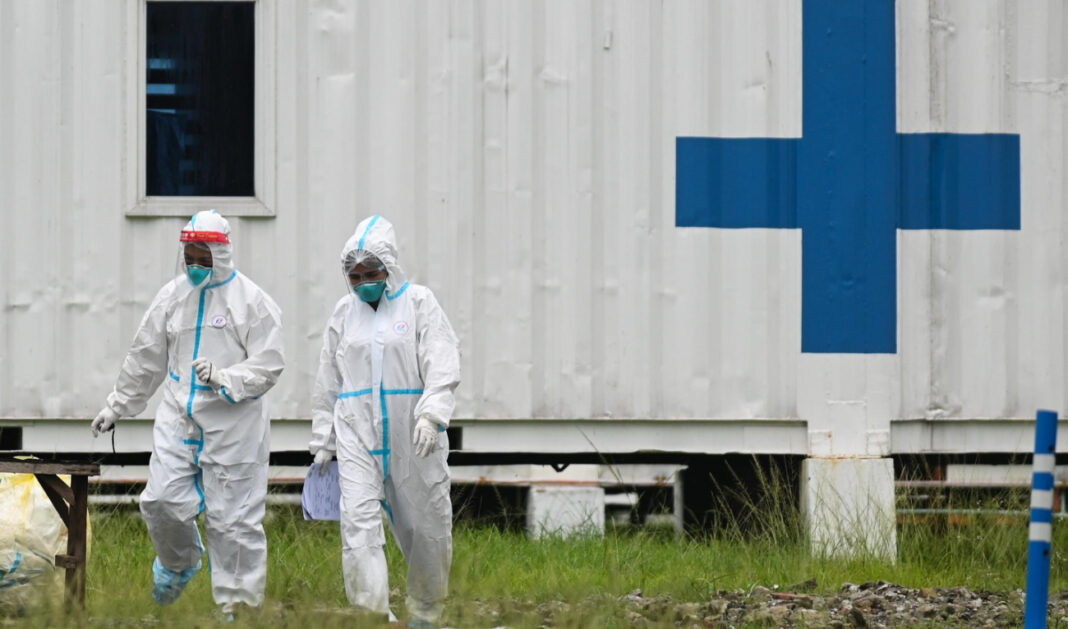MANILA: The Philippines has imposed new restrictions and is considering expanding its travel ban to include new countries, officials said on Saturday, amid concerns over the emergence of the new omicron COVID-19 strain.
The new variant was reported to the World Heath Organization from South Africa earlier this week. It has already been detected in Botswana, Belgium, Hong Kong and Israel. The organization on Friday declared the new variant, dubbed omicron, as being “of concern” — the most serious category the agency uses for tracking outbreaks.
The announcement came as the Philippines said that it would start accepting vaccinated foreign tourists from low-risk countries from Dec. 1, after more than 20 months of having its borders shut to stop the spread of COVID-19.
Soon after the update, Manila moved to ban inbound travelers from South Africa, Botswana, Namibia, Zimbabwe, Lesotho, Swaziland and Mozambique. On Saturday, acting presidential spokesperson Karlo Nograles said in a statement the ban “shall take effect immediately and until Dec. 15.”
Dr. Beverly Ho, director at the health promotion and control bureau, told reporters the list of banned destinations may be expanded further.
“There is already an ongoing discussion, and expect that there will be developments,” she said in a press briefing.
“The decision will be based on the data that we will get,” she added, saying that the response to any infectious disease “always starts with strict border controls.”
As the omicron variant has been reported in Hong Kong, home to more than 232,000 Filipino expats, many of whom will be heading home for Christmas holidays, Ho said that restrictions on travel from the region are now under discussion.
Since the WHO’s preliminary evidence suggests an increased risk of infection with the omicron strain, Philippines media have been quoting health experts as urging caution to keep the country’s caseload in check.
“If omicron has many mutations, we presume that the behavior of this virus is more transmissible compared to the delta variant,” Dr. Rontgene Solante from the Philippine College of Physicians said, as quoted by the local media.
The number of COVID-19 infections in the Philippines has been steadily falling since mid-September, when the country was recording more than 26,000 new cases per day due to the spread of the highly infectious delta variant.
For the past few days, the country has been recording fewer than 1,000 new cases a day, with 899 reported on Saturday.
Philippines tourism reopening in doubt after omicron




